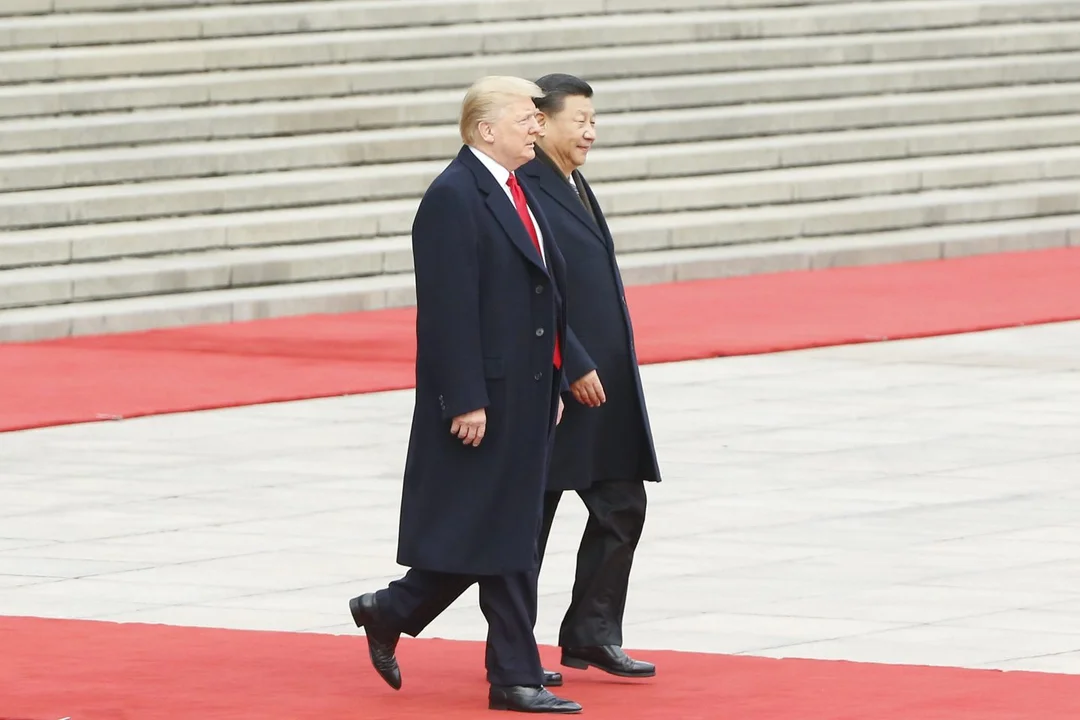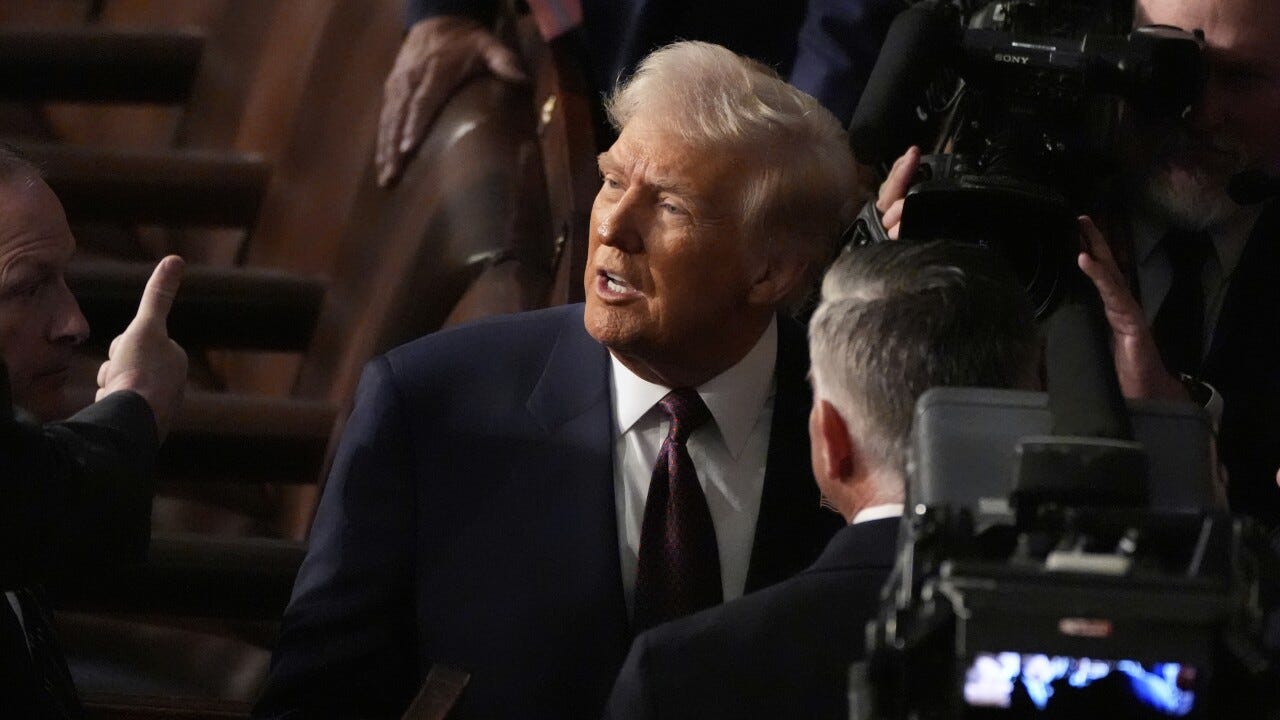
U.S. Resets Crypto Rules and Eyes China as Trump Administration Redraws the Global Economic Map
The United States is witnessing a seismic shift in its strategic and financial policies as the Trump administration simultaneously hardens its stance towards China and dramatically reorients its approach to cryptocurrency regulation. Together, these moves hint at a broader plan to reshape America’s place on the world economic stage—and invite intense debate on national security, innovation, and global leadership.

In the shadow of ongoing economic tensions, U.S. preparations for renewed confrontation with China are intensifying. Analysts have long speculated that decoupling from Chinese supply chains and reasserting American power was the endgame for Washington. Now, as President Donald Trump and Chinese leader Xi Jinping trade symbolic and substantive gestures, the consequences ripple through markets and policy circles alike.
But it’s not just geopolitics undergoing upheaval—the domestic financial landscape is being redrawn. In a surprise Monday night memo, Deputy Attorney General Todd Blanche ordered the immediate closure of the Justice Department’s National Cryptocurrency Enforcement Team (NCET), a unit specifically created in 2022 to combat crypto fraud and illicit digital finance. The DOJ’s pivot moves resources away from prosecuting digital asset abuse toward transnational crime syndicates and terrorist groups, raising questions about whether the U.S. is softening its stance just as digital currencies become a battleground for economic power.

This recalibration comes amid a surge of political interest in digital assets. High-profile figures like Rep. Marjorie Taylor Greene have capitalized on market swings caused by Trump’s previous tariff battles with China, purchasing shares in tech giants such as Amazon and Dell when prices were depressed. Her moves illustrate how policy uncertainty is creating both risks and opportunities for America’s political and financial elite.
Beneath the headlines, critics warn that curbing the NCET could hamper anti-corruption work at a time when "dangerous US adversaries rely on cryptocurrencies to launder money and evade sanctions," as Nate Sibley of the Hudson Institute cautioned. Yet, Blanche, citing President Trump’s Executive Order 14178, contends that “clarity and certainty regarding enforcement policy are essential to supporting a vibrant and inclusive digital economy.” The administration’s stance is clear: Leave innovation to the market and real regulators, not criminal prosecutors.
Trump’s own affinity for crypto is unmistakable. After campaigning on promises to "de-weaponize" enforcement and attract digital asset innovators—and after launching a "memecoin" ($TRUMP) that briefly soared past $10 billion in market value—the president signed an order to create a federal Strategic Bitcoin Reserve. The aim? Make the U.S. the "crypto capital of the planet," drawing top talent and investment, even as it stirs conflict-of-interest concerns among ethics experts.
The administration’s bold embrace of digital assets is matched only by its willingness to throw down the gauntlet with Beijing. As these two superpower contests—over money and influence—unfold in parallel, America’s policy choices will reverberate through global markets, regulatory regimes, and even national security strategies for years to come.

As the United States races to define the future of finance and foreign policy, the world watches closely. Is this a grand strategy for American resurgence, or a risky experiment in economic brinkmanship? Readers, what are your thoughts on this high-stakes recalibration? Share your perspective below and join the conversation.